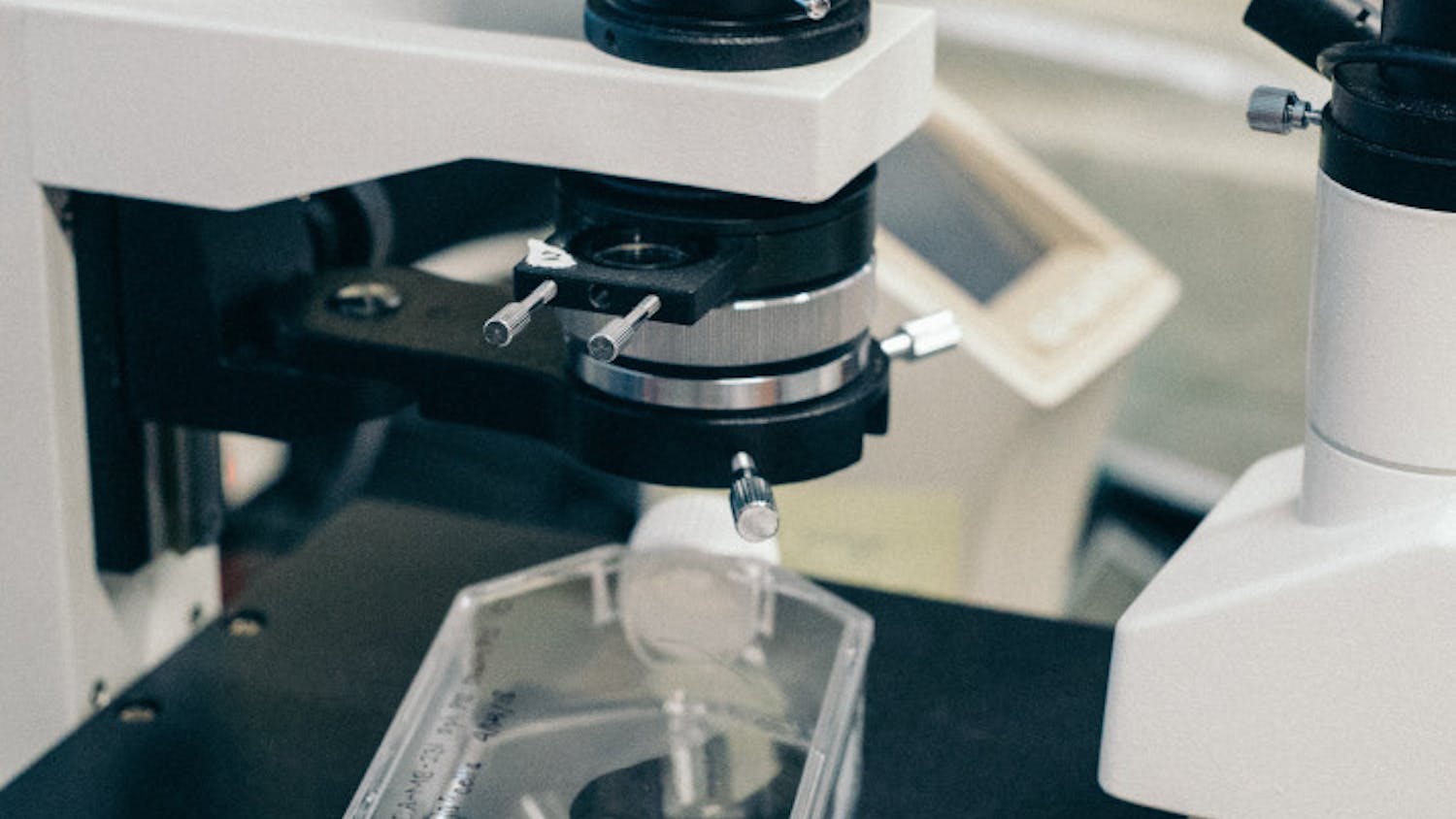Research on new technology for prosthetics, eliminating citrus greening and curing hepatitis C is in the works thanks to the record amount of research funding UF received in the 2015 fiscal year.
UF received a total of $706.8 million in research funding during the 2015 fiscal year, which ended June 30. This surpassed the record set in 2014 by $5.1 million, according to University of Florida News.
Funding from private industries was at a record high of $102 million, a 41 percent increase from 2014. The majority of funding, $432 million, came from the federal government.
“I think to be a successful research institution and continue to grow we have to work with those government agencies and industry and a good mix of sponsors,” said Joseph Kays, UF director of research communications.
The College of Medicine received $268.3 million; the Institute of Food and Agricultural Sciences received $125.8 million; the College of Engineering received $79.7 million; and the College of Liberal Arts and Sciences received $34.8 million. The remaining funds, $198.2 million, were distributed among the rest of the colleges.
“I think we have a remarkable collection of faculty members who are very competitive in writing proposals to various agencies and industries,” said David Norton, UF vice president for research.
Most funding usually goes to the STEM areas because they have more opportunities for research, Norton said.
“Historically, the College of Medicine and the health center in general leads the way,” Kays said. “Those projects often involve a lot of people. There’s a lot of equipment. They’re expensive projects.”
IFAS researchers were awarded more than $13.4 million to fund studies on eliminating citrus greening, a plant disease that is threatening Florida’s citrus industry.
“We are working on ways to trick the bacteria that causes greening into basically killing itself,” said Dean Gabriel, a professor and researcher of plant pathology at IFAS. “This level of funding enhances our research capability.”
Other projects that will be funded include testing new advances in prosthetics for military veterans through the College of Engineering, as well as collaborating with pharmaceutical companies to research treatment options and potential cures for hepatitis C through the College of Medicine.
“[The funding] gives our faculty and our students an opportunity to work on really important problems for this generation and generations to come,” Norton said.
“The fact that we have a large record year just reflects very positively on the quality of the research we do and the quality of the faculty and students we have here at the University of Florida,” he said.
Contact Alexandra Fernandez at afernandez@alligator.org and follow her on Twitter @alexmfern





